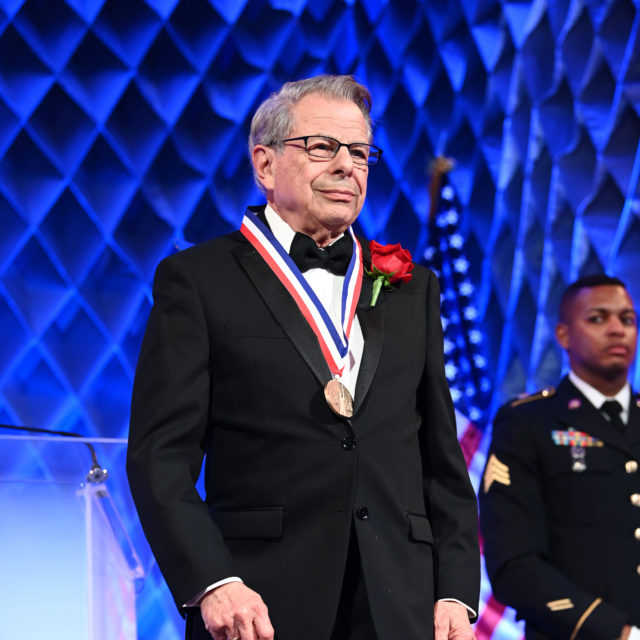AMM Spotlight: Samuel Waxman Cancer Research Foundation

On July 13, 2019, hundreds of guests flocked to 15th Annual Hamptons Happening event to benefit the Samuel Waxman Cancer Research Foundation (SWCRF). The premier culinary and wine charity event will honor celebrity chef Lidia Bastianich, Nicole Miller, Antonella Bertello, and Ian Duke.
Founded in 1976 by notable oncologist Dr. Samuel Waxman, the SWCRF funds research focused on correcting abnormal gene functions that cause cancer and developing targeted treatments. By pioneering the concept of collaboration among cancer researchers, the Samuel Waxman Cancer Research Foundation (SWCRF) has helped to speed up cancer treatment breakthroughs. They have provided more than $100 million in funding to researchers in the U.S., Canada, Israel, and China. On the heels of its discovery of a cure for a form of leukemia, the
SWCRF-funded research has led to numerous clinical trials and targeted treatments for cancer. Its focus on uncovering what triggers the abnormal gene functions that cause cancer applies to many types of cancer and is leading better understanding of how cancer starts and spreads.
For more information about the SWCRF, visit www.waxmancancer.org
The below article originally appeared in the February 2018 issue of The CEO Forum, authored by Samuel Waxman, M.D., founder and CEO of the Samuel Waxman Cancer Research Foundation.
Forty years as an oncologist and scientist at Mount Sinai Medical Center have taught me that the biggest obstacle to success is complacency. No company or individual can reach their fullest potential without pushing past their accomplishments to raise the bar and elevate their success.
This is especially true in cancer research. Cancer is a moving target, evolving to outmaneuver the latest therapeutic discoveries with an insidious determination. For this reason, breakthrough science requires innovation, dedication and flexibility. I founded the Samuel Waxman Cancer Research Foundation in 1976 thanks to the generosity of a visionary business executive who believed in a new form of research that I was doing, differentiation, which reprograms cancer cells to return to their normal life cycle. My dedication to cancer cell differentiation led to the discovery of a cure for APL, a deadly form of leukemia, through my collaboration in the 1990s with researchers from Shanghai. This melding of Western and Eastern science required our flexibility to share findings and the pay-off has saved millions to date.
Collaboration guides the work of the SWCRF Institute Without Walls, our network of scientists working together on funded projects across research institutes such as Memorial Sloan Kettering, MD Anderson and Johns Hopkins, among others. Our collaborative environment provides grantees objective feedback from their peers that fosters new ideas like our Partnerships for Aging and Cancer Research, setting the stage for discoveries that launch drug trials and drive collaboration for a cure.
CEOs can improve outcomes for their corporate missions by imparting upon their teams the philosophy of exceeding one’s personal best to achieve the collective goal. Product development is only as impactful as the questions we ask ourselves in the quest for innovation. Customer service can only exceed our expectations if we have the flexibility to see our performance through the eyes of those who purchase our goods and services. Cancer researchers always strive for the next scientific discovery. You, too, will discover that great work can always be improved on. There’s no such thing as achieving the best when you can do better.







